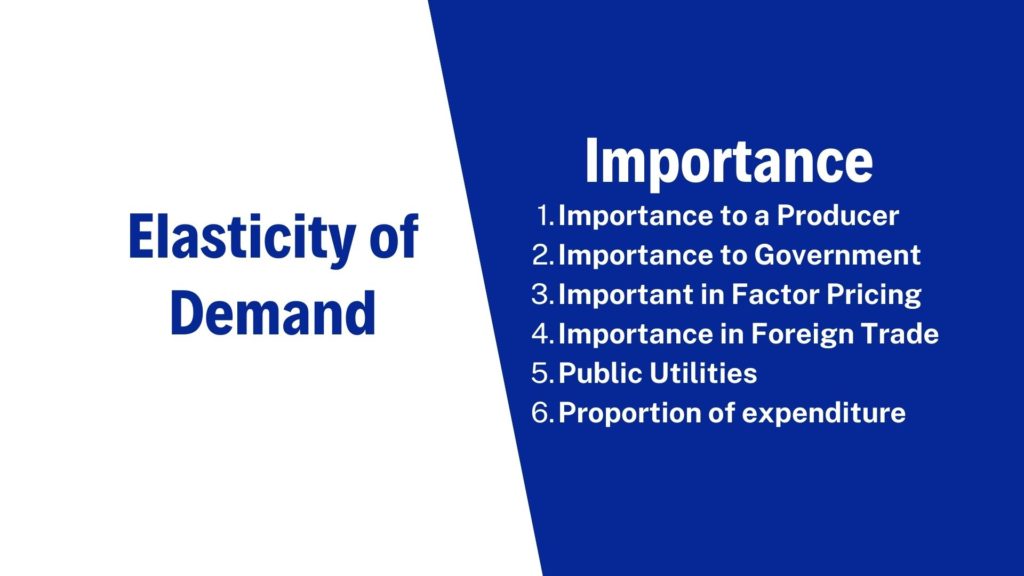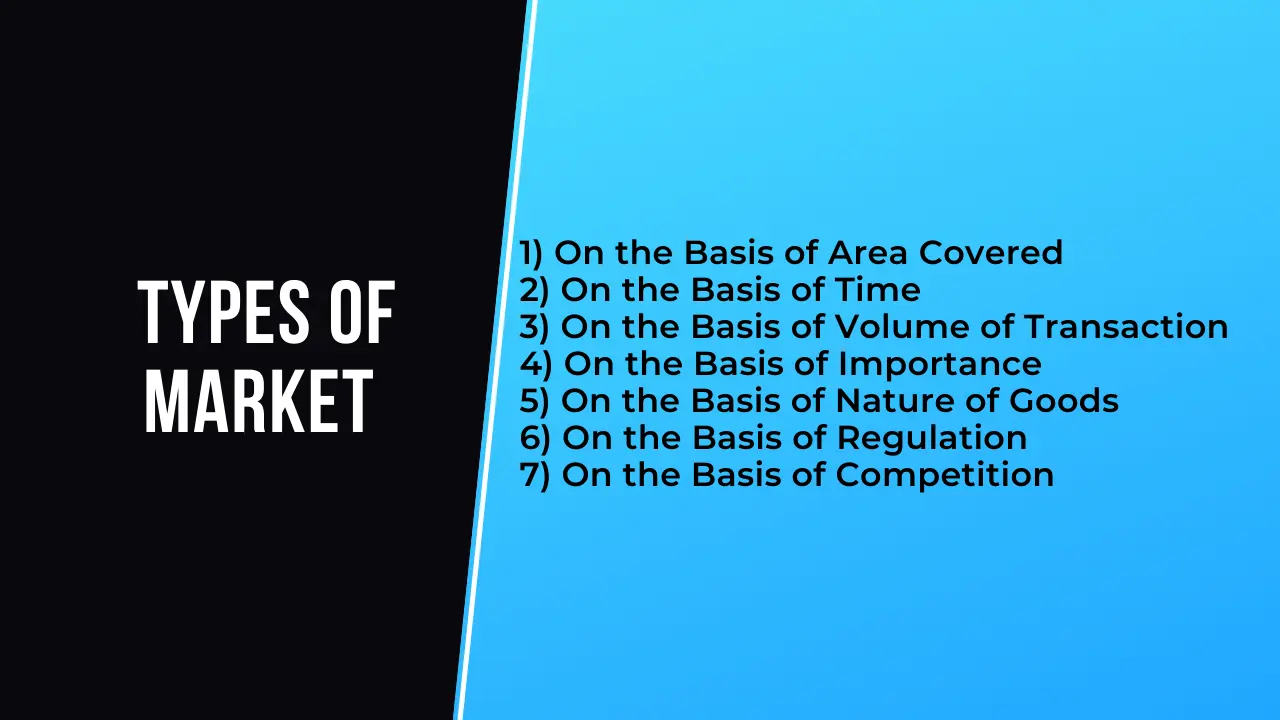6 Importance of Elasticity of Demand | Free Economic Blogs
Table of Contents
Importance of Elasticity of Demand

Concept of Elasticity of Demand
The term elasticity indicates the responsiveness of one variable to a change in the other variable. The elasticity of demand refers to the degree of responsiveness of quantity demanded to a change in its price or any other factor.
According to Prof. Marshall, “Elasticity of demand is great or small according to the amount demanded which rises much or little for a given fall in price and quantity demanded falls much or little for a given rise in price.”
- Microeconomic Definition | Historical Review of Microeconomics
- Scope Or Nature of Microeconomics
- Features of Microeconomics
- Importance of Microeconomics
Importance of Elasticity of Demand
The concept of elasticity of demand is of great importance to producers, farmers, workers, and the Government. Lord Keynes considered this concept to be the most important contribution of Alfred Marshall. The significance of the concept becomes clear from the following applications
1) Importance to a Producer
Every producer has to decide the price of his product at which he has to sell it. For this purpose, the elasticity of demand becomes important. If the demand for a product is relatively inelastic, he will fix up a higher price and vice-versa. The concept of elasticity of demand is also useful to a monopolist to practice price discrimination.
2) Importance to Government
The taxation policy of the Government is based on the concept of elasticity of demand. Those commodities whose demand is relatively inelastic will be taxed more because it will not affect their demand much and vice-versa.
3) Important in Factor Pricing
The concept of elasticity of demand is useful in the determination of factor prices. The factor of production for which demand is relatively inelastic can command a higher
4) Importance in Foreign Trade
The concept of elasticity of demand is useful to determine terms and conditions in foreign trade. The countries exporting commodities for which demand is relatively inelastic can raise their prices. For example, Organization of Petroleum Exporting Countries (OPEC) has increased the price of oil several times. The concept is also useful in formulating the export and import policy of a country.
5) Public Utilities
In the case of public utilities like railways which have inelastic demand, Government can either subsidise or nationalize them to avoid consumers exploitation.
6) Proportion of expenditure
If the proportion of expenditure in a person’s income is small, then demand for the product is relatively inelastic. For example, newspapers. If the proportion of expenditure is large, then demand for the product is
relatively elastic.



YOU ARE MOST WELCOME.
KEEP LEARNING AND KEEP SHARING